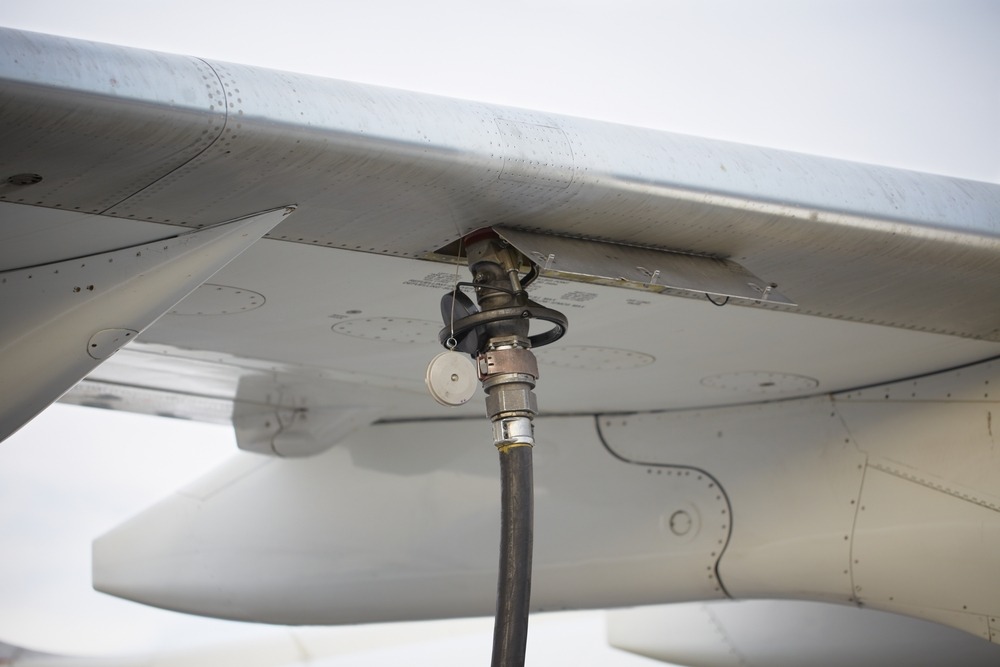
The Federal Energy Regulatory Commission (FERC) should pursue regulatory reforms to ensure that pipelines transport jet fuel to airports efficient and keep pace with growing demand, a white paper released by Airlines for America (A4A) on Tuesday concluded.
A4A called on FERC to enhance transparency of pipeline data submissions and to strengthen oversight efforts to ensure that pipeline infrastructure keeps pace with jet fuel demand, which is expected to be driven by annual increases in passenger travel of 2.5 percent and in air cargo of 2.8 percent over the next two decades.
“An airline’s ability to run an on-time operation is mirrored by the reliability, affordability, and availability of jet fuel,” John Heimlich, vice president and chief economist at A4A, said. “Disruptions in pipeline operations and limitations in pipeline capacity force passenger and cargo airlines alike to turn to costly and inadequate alternatives to ensure uninterrupted service to air travelers and shippers. FERC should take proactive steps to protect the needs of consumers, including action on unjust or unreasonable rates, to incentivize pipelines to upgrade or expand existing networks across the country.
Demand for U.S.-sourced jet fuel topped 1.7 million barrels per day in 2017, the Energy Information Administration reported. Interstate pipelines for refined products are currently struggling to meet demand, jeopardizing the efficiency and continuity of air service.
“When it comes to the continuity of air service for our customers, few things are more important than the timely, cost-effective delivery of jet fuel to airports,” Michael AuBuchon, director of fuel supply chain management for Southwest Airlines and current chairman of the A4A Energy Council, said. “It is absolutely critical for our nation’s pipelines to facilitate that delivery on affordable terms, allowing U.S. airlines to keep pace with rising air travel demand.”
A4A also highlighted investments made by U.S. airlines in new aircraft and fuel efficiency technologies, contributing to a 3 percent decrease in fuel use and carbon emissions despite a 28 percent increase in airline traffic.
“Global commerce depends on a resilient energy supply chain that provides fuel to our freighter aircraft and ground vehicles efficiently and without disruption,” Mike Whitlatch, vice president of energy and procurement at UPS and past chairman of the A4A Energy Council, said. “It is imperative that airlines and other constituents continue to work proactively with pipeline companies and the federal government to avoid bottlenecks in the energy supply chain and invest for the future.”